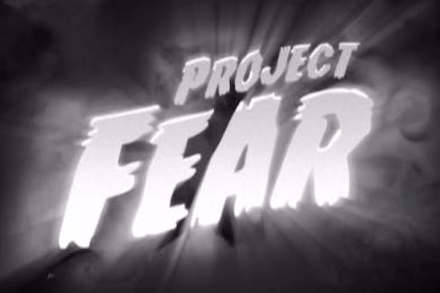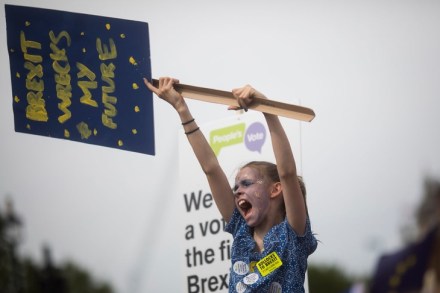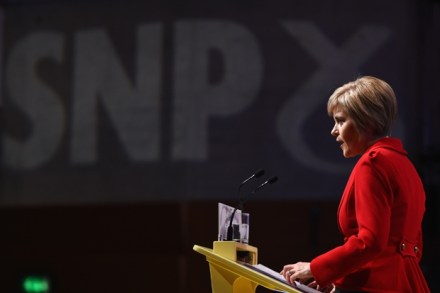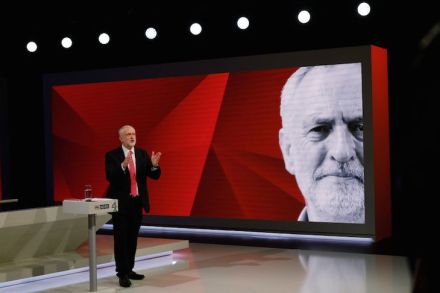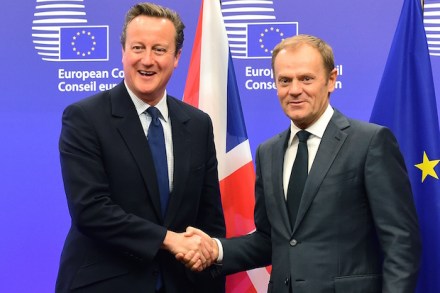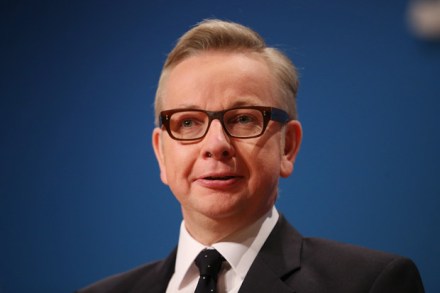Today is the day that Project Fear died
We were about to crash out of the EU without a deal. The political system was in deadlock. Businesses were fleeing the country and investment was drying up, all against a backdrop of global trade wars and slumping demand across the eurozone. And what happened to the British economy against all those headwinds? As we learned this morning, it sailed right through the storm with steady, if hardly spectacular, growth. It now looks certain that far from reducing us all to poverty, leaving the EU won’t even create a brief technical recession. The predictions of catastrophe could hardly have been more wrong. If you had to choose a day to
